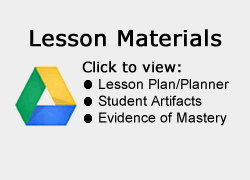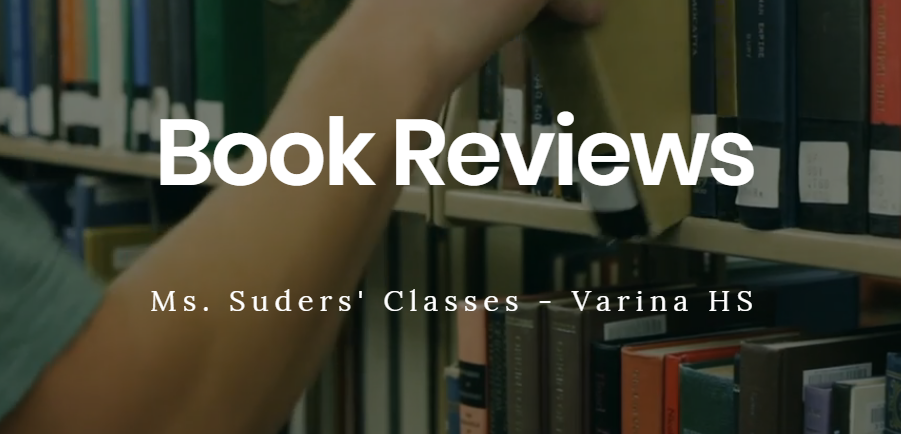This lesson is for : Grade 5:
Summary
For thousands of years, before modern medicine, people had to find natural remedies for vitamins, pains, and illnesses. Throughout this project students research further into plants that have medicinal uses and choose one herb from a collection of research to create persuasive presentations that convince peers to vote for their herb to grow in our school garden this spring! Students keep a journal throughout this project to reflect, make connections and create goals. In class, students learn advertising techniques and persuasive writing strategies to help them present persuasively. Students read folklore about uses of herbs researched in class.
Students collaborate and develop the project rubric to generate intrinsic motivation, accountability and task commitment. Students decide which digital program to use for the persuasive project presentation. Giving students the option to choose their digital tool allows for differentiation among learning styles. Students hold a socratic seminar to theorise herbal remedy effectiveness from research and discuss pros/cons of modern medicine. The class organizes rotating groups and assign jobs to take measurements, compare growth among herbs, and chart progress. Once plants are fully grown, students infuse herbs with oils and vinegars to create a healing salve with Master Gardeners! Students learn responsibility as their care is essential for the garden survival. Students connect the class theme of “cycles in nature, literature and society” to the seasons of growing resources. Students learn how to write and present persuasively and follow through with an authentic task.
TIPC Ratings
Research & Information Fluency
Rating: Ideal – Explanation: Students generate questions about the general topic of herbs on a KWL chart and they begin research later on by answering their own questions. Students also generate questions to research in preparation for the socratic seminar comparing ancient and modern medicinal practices. Students research efficiently and determine appropriate and accurate information from online and non-print sources. Students use this research to create persuasive presentations for a class vote. The most voted herbs will be grown in our school garden and used to create a healing salve!
Communication & Collaboration
Rating: Ideal – Explanation: Students collaborate with peers during prior knowledge discussion, herb research, “wishes & stars” feedback on presentations, and garden designing/job assignments for plant data collection. Students collaborate with a master gardener using Skype to ask questions about beginning our garden and ways of creating healing salves to share with our school community. Students collaborate with other classes to plant the herbs and create a healing salve.
Critical Thinking & Problem Solving
Rating: Ideal – Explanation: Students choose the herb they feel is most beneficial to plant in their garden and find ways to persuade their classmates by combining digital tools for a presentation. Reflections take place throughout the entire project. Students must then vote and decide on which herbs to grow based on the student presentations. Students create questions and complete research to lead a socratic seminar comparing ancient and modern medicinal practices. They take on the role of gardeners by tracking growth and making inferences for inconsistent data. Students also create a healing salve and reflect on ways this process has benefitted other cultures and could benefit them in the future.
Creativity & Innovation
Rating: Ideal – Explanation: Students use research to create creative presentations to persuade others that their herb is the most beneficial and should be grown in our school garden. Students reflect to think about their own creative process and goals. Students incorporate advertising techniques used in our media today into herb presentations with 21st century digital tools to earn the most votes for their herb.





